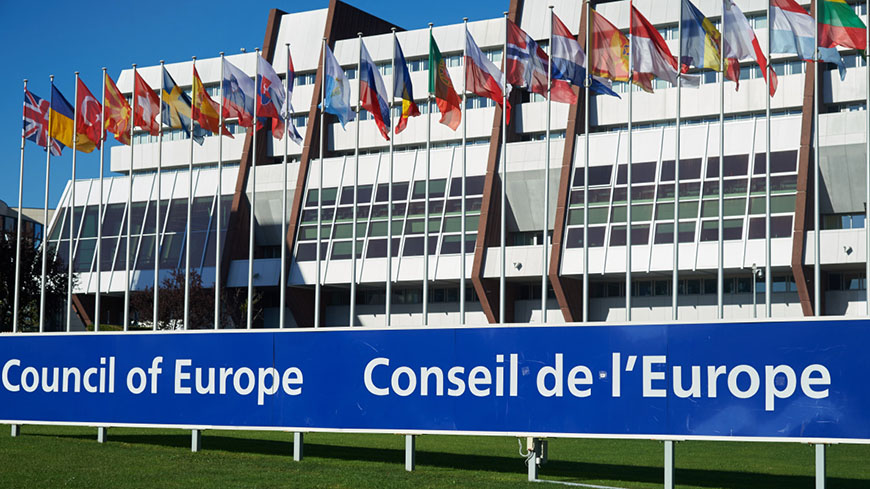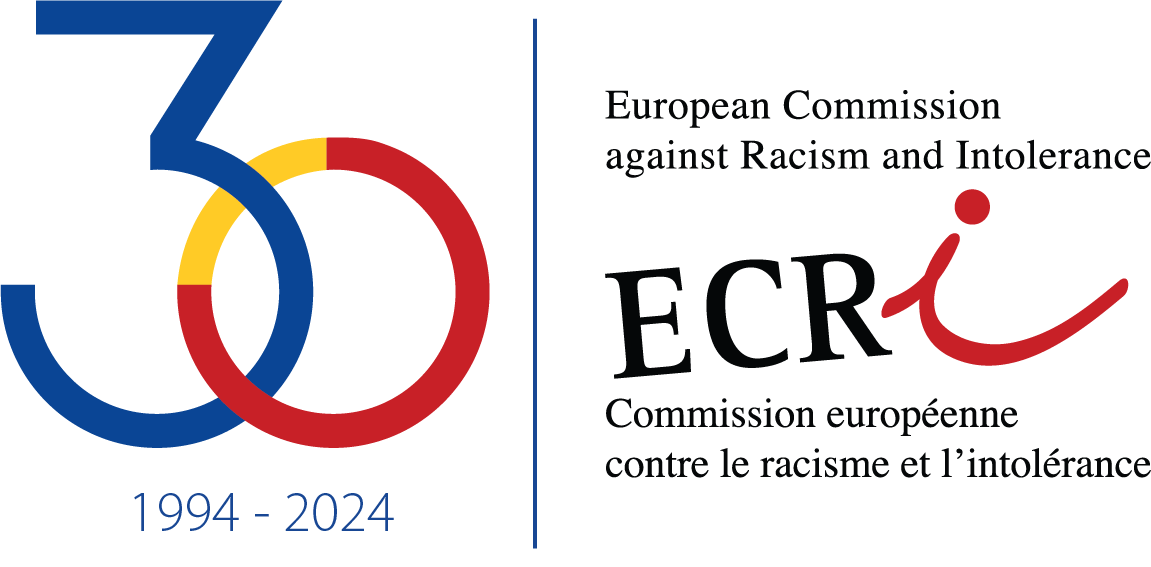The European Commission against Racism and Intolerance (ECRI) published today its conclusions on the implementation of its priority recommendations addressed to Finland, Ireland, the Netherlands, Romania and Slovenia in 2019.
As regards Finland, ECRI concluded that the authorities had not implemented either of the two priority recommendations.
No changes have been made to the mandate and powers of the National Non-Discrimination and Equality Tribunal, despite the recommendation by ECRI to substantially increase its resources and to empower it to deal with complaints of discrimination in employment on all prohibited grounds and not solely on the grounds of gender and gender identity, as well as to grant compensation to victims of discrimination.
The second recommendation was to remove from the Act on Legal Recognition of the Gender of Transsexuals the requirement that persons seeking recognition in a gender other than that in which they were originally registered should be infertile or should undergo sterilisation as a pre-condition for legal recognition. Despite the commitment of the Finnish authorities to bring the law into compliance with the case law of the European Court of Human Rights, the necessary amendments have not yet been published or proposed in Parliament.
Concerning Ireland, ECRI found that the government had not yet implemented, despite some positive developments, the first priority recommendation to solve the issue of the failure by local authorities to use funding allocated for Traveller accommodation.
The second priority recommendation, that is to enact new hate speech and hate crime legislation in consultation with relevant civil society actors, was partially implemented. ECRI took note of very encouraging steps in the field of legislation, as well as of further initiatives, such as the training of the police force.
In 2019, ECRI recommended to the authorities of the Netherlands to adopt an integration strategy and action plan presenting integration as a two-way process and containing measures to mobilise the entire society to facilitate, support and promote integration. ECRI recommended that the authorities organise the integration process by providing free language and integration courses as from the first moment and provide for the possibility to adapt integration programmes to the individual needs and capacities of people with migration backgrounds and Antilleans. While welcoming some positive features of the Civil Integration Act in force since 1 January 2022, ECRI remained concerned about what it considered a “punitive approach” taken by the Dutch authorities to integration. More specifically, all asylum-seekers registered as such before 2022, as well as most non-EU migrants, are still obliged to pay for integration courses themselves, while facing a relatively large fine in case of failure to pass a final integration exam within three years. ECRI therefore concluded that its recommendation had not yet been implemented.
The second priority recommendation was for the authorities to insert indicators and measurable targets for the 2018-2021 Action Plan against Labour Market Discrimination, focusing on access to the labour market, ensuring non-discriminatory recruitment procedures, and extending the competences of the labour inspectorates to the field of recruitment. ECRI noted in its conclusions that neither indicators nor measurable targets were inserted into the action plan and that new legislative and other measures against discrimination in the labour market had not been adopted. Therefore, this recommendation had not yet been implemented either, ECRI concluded.
Regarding Romania, the first priority recommendation, namely, to put in place a data collection system and produce statistics of hate speech and hate crime cases brought to the attention of the police and pursued through the courts, and to make this data available to the public, has not been implemented.
The second priority recommendation was to provide further training for police officers, prosecutors, and judges on how to deal with racist and homo-/transphobic acts of violence, including improved procedures for recognising bias motivations, as well as to enhance cooperation between the police and vulnerable groups, in particular Roma and LGBT communities, to address the problem of underreporting. In its conclusions, ECRI welcomed the efforts made to provide criminal justice actors with training on hate crime. However, it noted that no or little action was taken to develop improved procedures for proper qualification of hate crimes nor to address underreporting, and therefore considered that overall, this recommendation had been partially implemented.
As concerns Slovenia, ECRI found that the authorities partially implemented its first priority recommendation to address serious shortcomings in the prosecution of hate speech and the absence of an effective legal remedy for the alleged victim if a prosecutor dismisses a criminal complaint or decides not to initiate prosecution.
The second priority recommendation was that the authorities should gather disaggregated equality data for the purpose of combating racial discrimination, and if necessary, should propose legislative clarification to ensure that data is collected in all cases with due respect for standards on data protection. ECRI concluded that this recommendation had not been implemented.
These conclusions are based on government responses and information gathered from other sources. They concern only ECRI’s priority recommendations and do not aim at providing a comprehensive analysis of all developments in the fight against racism and intolerance in the countries concerned.




